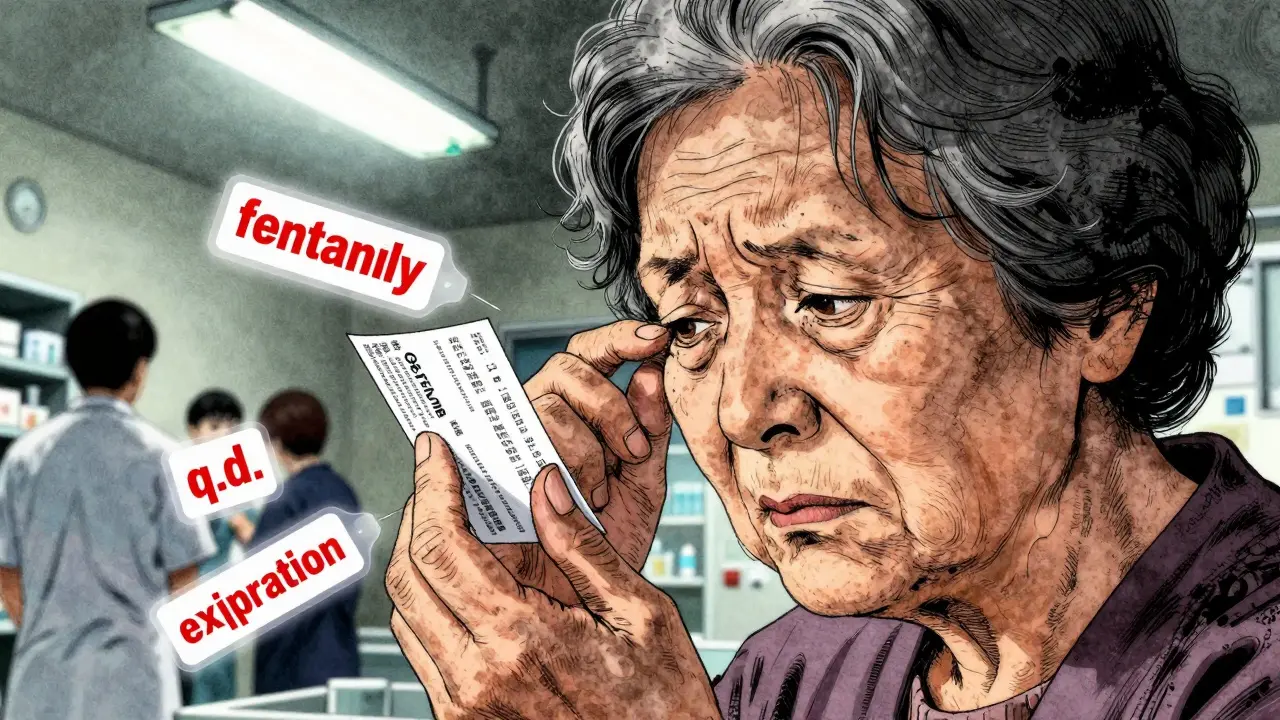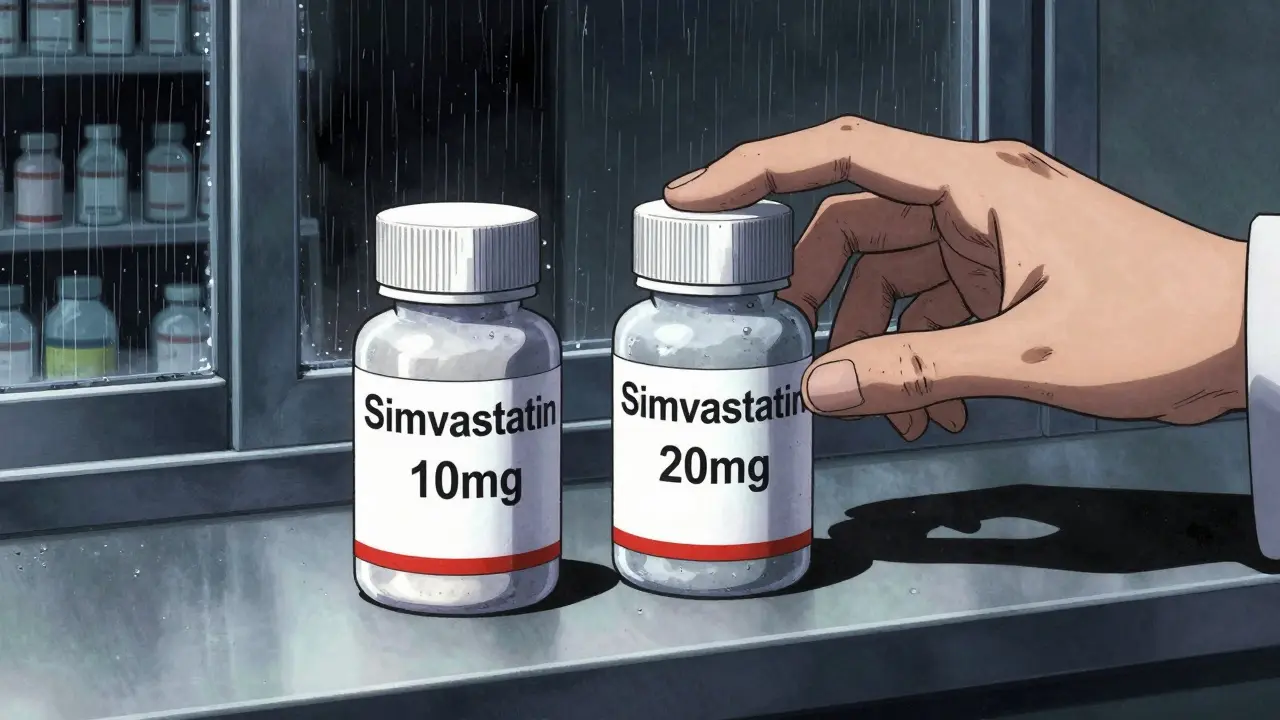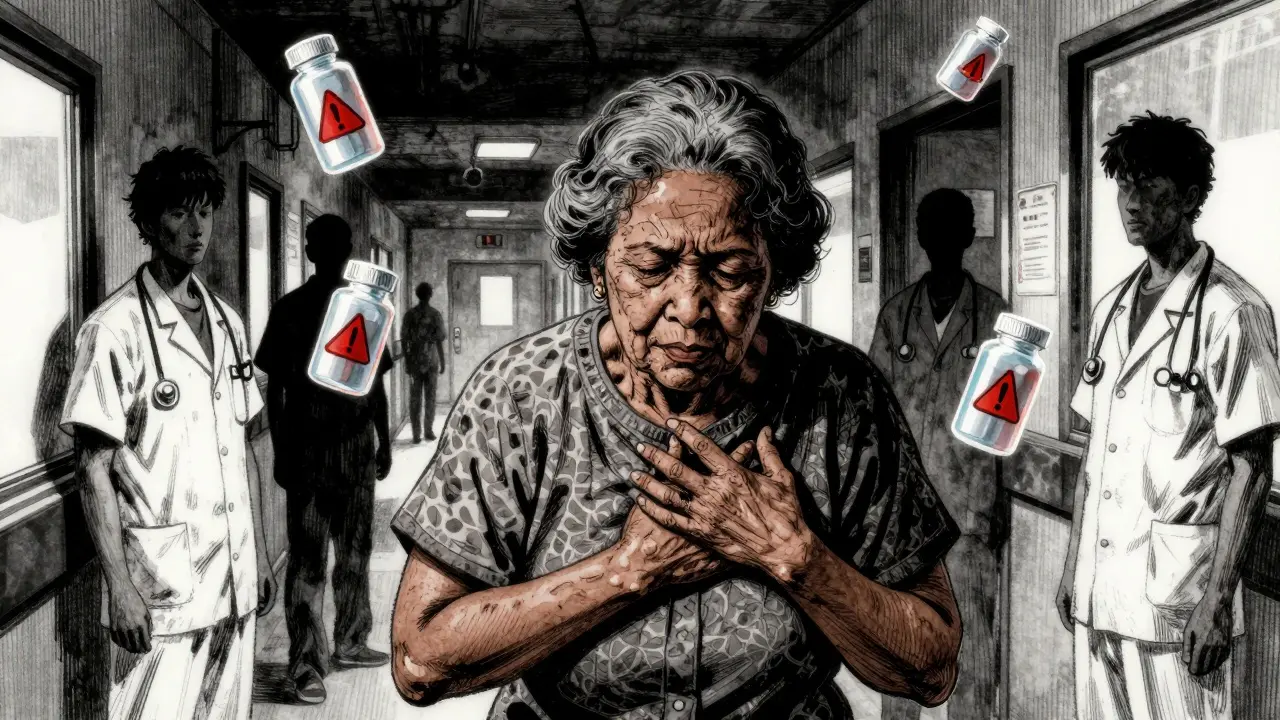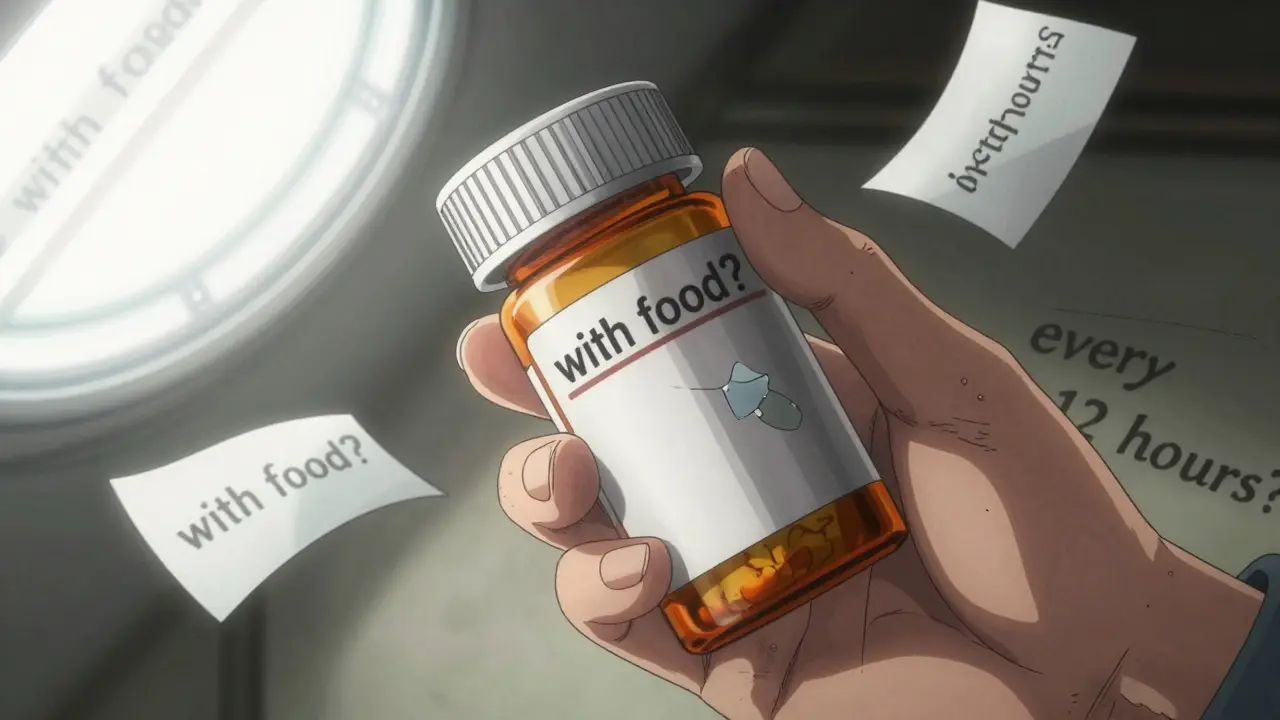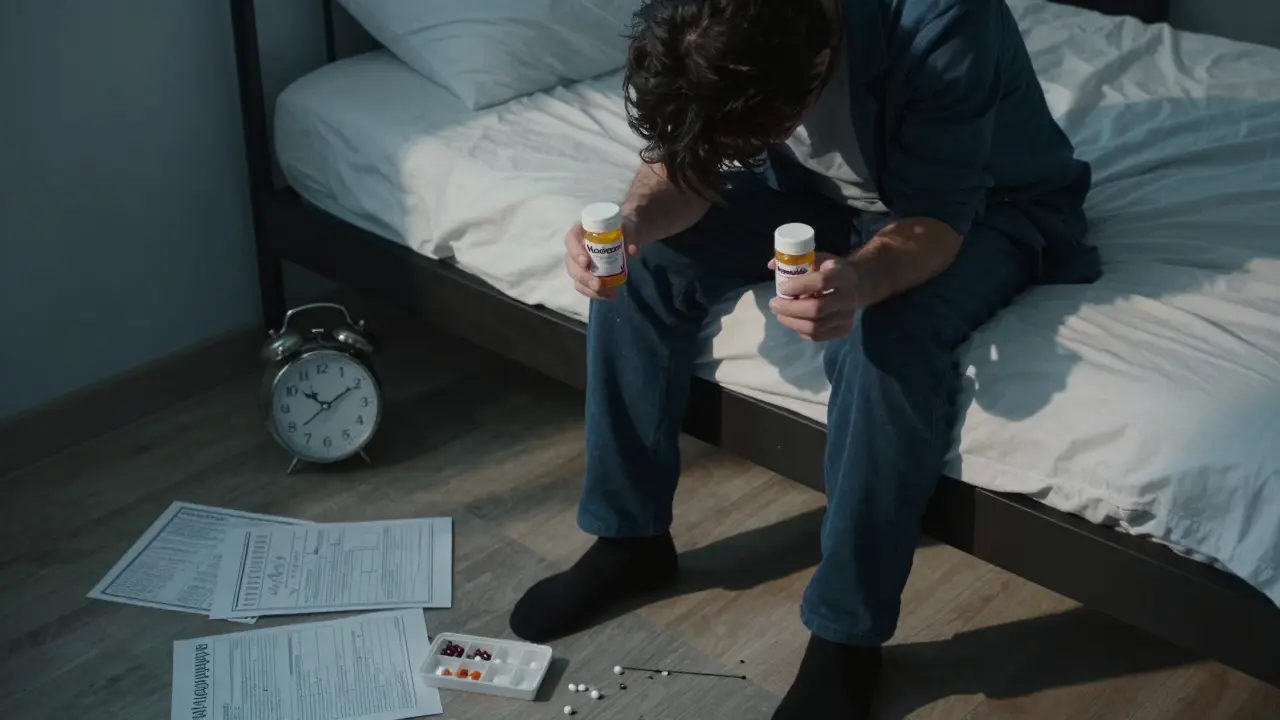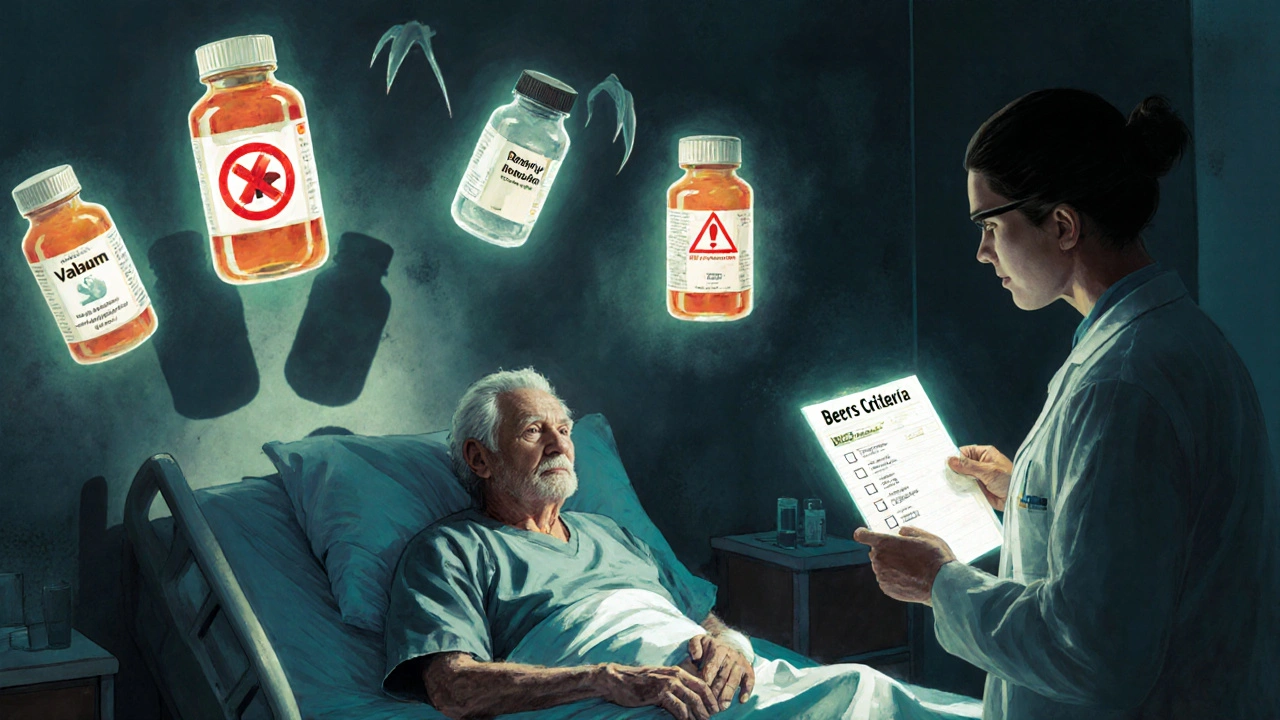Medication safety: clear, practical steps you can use today
Medicine helps a lot — but mistakes can hurt. Want to avoid common risks? This page gathers short, useful rules you can apply right now: how to buy medicine safely online, check for interactions, store drugs properly, and know when to call for help. No jargon, just steps that work.
Quick safety checklist before you take any medicine
Read the label and the patient leaflet. Know the dose, how often to take it, and whether to take it with food. Use a pill organizer or set phone alarms for multi-dose schedules. Keep a current list of all your medicines — prescriptions, over-the-counter drugs, vitamins and supplements — and show it to every clinician or pharmacist you talk to.
Check interactions. Many problems come from combinations: prescription drugs plus OTC drugs or supplements can change how a medicine works. Use a reliable drug-interaction checker or ask a pharmacist. If you’re switching or stopping a drug, check a guide like our articles on propranolol alternatives or natural DHT blockers to understand risks and interactions for those drug classes.
Buying online? Be picky. Look for pharmacy reviews and safety checks. Read our reviews of sites like rx2go.com and rxmedicin.com or region-specific services such as essentialclinic.ca to learn how to verify legitimacy, required prescriptions, and shipping rules. Avoid sites that sell controlled meds without a valid script or that have no contact info.
Storage, disposal, and special situations
Store meds as the label says. Most pills belong in a cool, dry place away from sunlight — not the bathroom cabinet. Some drugs need refrigeration; check the leaflet. Keep medicines locked away if you have children or pets.
Discard expired or unwanted meds safely. Use local take-back programs or authorized drop boxes. Don’t flush meds unless the leaflet says it’s okay — some medicines can harm water systems.
Know special cautions: pregnancy, breastfeeding, children, older adults, and liver or kidney disease change how drugs act. Articles like our Symbicort generics guide and Dilantin overview explain why dosing and monitoring can differ for these groups.
Watch for warning signs. Mild side effects are common. Stop and call a doctor if you get trouble breathing, severe rash, fainting, chest pain, sudden swelling, or confusion. For gradual or subtle problems — mood changes, sexual side effects like those covered in our trazodone article, or persistent dizziness — schedule a prompt follow-up.
Work with one pharmacy when possible. That helps pharmacists spot dangerous drug mixes and keep a single, accurate record. If you use multiple online pharmacies, keep careful notes and share your full list with each provider.
Want deeper reading? Browse the posts tagged here for practical reviews, alternatives, and drug-specific safety tips — from fertility medicines like Clomid to blood-thinning genetics and steroid alternatives. Each review explains safety issues and what to ask your provider.
Small habits save trouble: read leaflets, keep a medicine list, check interactions, store meds correctly, and ask questions. If something feels wrong, call your pharmacist or doctor rather than waiting. Medication safety is mostly about staying informed and asking one clear question: could this cause harm with what I already take?
How to Read Prescription Labels for Inhalers, Patches, and Injectables
Learn how to read prescription labels for inhalers, patches, and injectables to avoid dangerous mistakes. Understand dosage, concentration, storage, and administration tips backed by real data and safety guidelines.
Understanding Drug Labels: A Complete Medication Label Breakdown
Learn how to read prescription and over-the-counter drug labels to avoid dangerous medication errors. Understand active ingredients, dosage, warnings, and what's missing from most labels.
Look-Alike, Sound-Alike Medication Names That Cause Errors: What You Need to Know
Look-alike and sound-alike medication names cause thousands of preventable errors each year. Learn which drugs are most commonly confused, why current safety measures fall short, and what actually works to protect patients.
Addressing Health Disparities in Medication Safety Research
Medication safety disparities harm millions of marginalized patients every year. Systemic gaps in reporting, clinical trials, and access mean Black, Hispanic, and low-income patients face higher risks - and fewer protections. Real change requires equity-centered systems, not just good intentions.
Special Instructions on Prescription Medication Labels Explained
Special instructions on prescription labels tell you how to take your medicine safely - not just when. Misunderstanding phrases like 'take with food' or 'every 12 hours' can lead to serious health risks. Learn what these instructions really mean and how to avoid dangerous mistakes.
What to Do If You Miss a Dose: Step-by-Step Guide by Medication Type
What to do if you miss a dose of your medication? The answer depends on the drug. This guide breaks down safe steps by medication type - from insulin and warfarin to birth control and antibiotics - based on current medical guidelines.
Beers Criteria: Potentially Inappropriate Drugs in Older Adults Explained
The Beers Criteria identify potentially dangerous drugs for adults over 65. Learn which medications to avoid, why they're risky, and how to talk to your doctor about safer options.
Medication Safety in Emergencies: What to Keep in Your Go-Bag
A medication go-bag can prevent life-threatening emergencies during disasters. Learn exactly what to pack, how to store it, and how to keep it fresh for 14 days of safety.
Safe Avana Purchase and Usage: Key Tips and Guidelines
This article explores how to order Avana safely, emphasizing its medical effects, proper dosages, and key interactions. Readers will gain insight into Avanafil, its benefits for treating erectile dysfunction, and potential side effects. Practical tips ensure a safe user experience, emphasizing physician guidance and awareness of personal health conditions. Establishing a safe online purchasing strategy will also be covered to avoid counterfeit medications.


